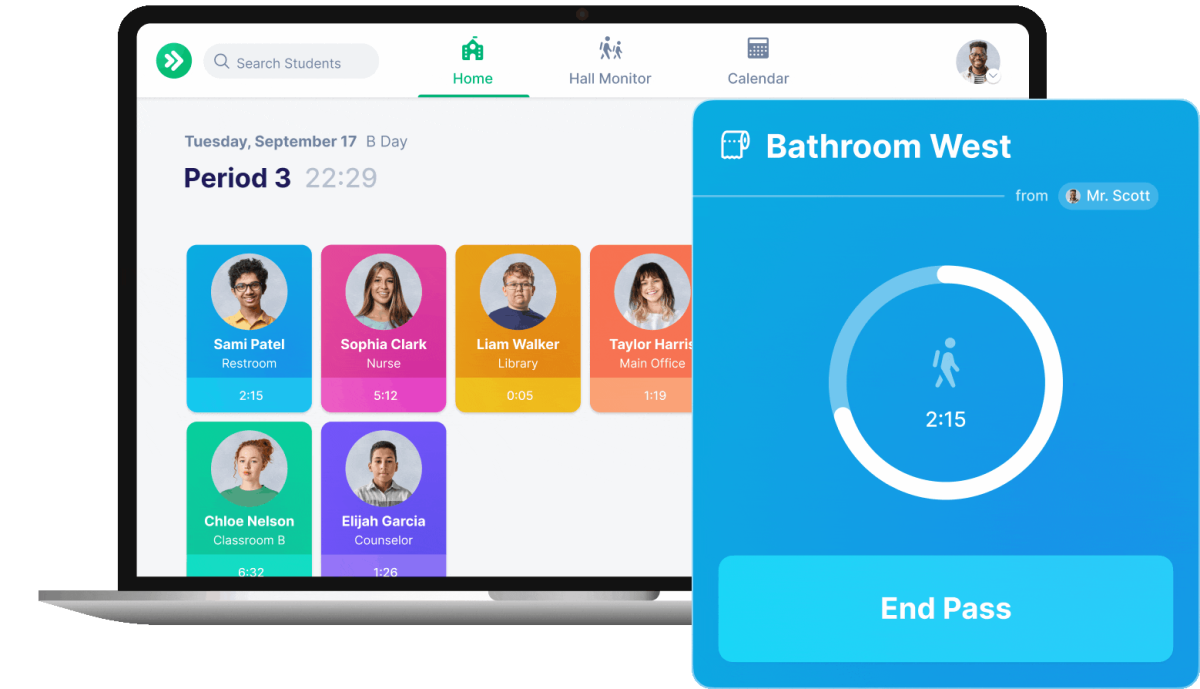Importance of Mental Health Awareness Month

June 14, 2021
May is Mental Health Awareness Month; it is a month dedicated to raising awareness of those living with mental or behavioral health issues. The purpose of Mental Health Awareness Month is to fight the stigma surrounding mental health, provide support, advocate for policies that support people with mental illnesses and their families, and educate the public on mental health. Mental Health Awareness Month started in 1949 in order to increase awareness of the importance of mental health and wellness in Americans’ lives.
-

“post.edu”
It is a known fact that one’s mental health will affect every other aspect of their life. According to the National Institute of Mental Health, nearly one in five U.S. adults live with a mental illness. 46% of Americans will meet the criteria for a diagnosable mental health condition at some time in their life, and half of these people will develop mental health conditions by the age of 14. 46% is nearly half of the American population, which proves that it is so important to increase awareness of the importance of mental health and wellness.
According to the Anxiety and Depression Association of America, anxiety disorders are the most common mental illness in the U.S., affecting about 40 million American ages 18 or older. So many people are suffering due to mental illnesses, and many people do not even realize that their mind can become a nicer place if they make some changes in their lives.
In the spirit of Mental Health Awareness Month, here are some tips to boost your mental health. Many of these tips are very simple, but sometimes we need a reminder of the simple ways we can take care of ourselves mentally:
- Take some time to move everyday. Aerobic exercises, including jogging, swimming, cycling, walking, dancing, and even gardening, have been proven to reduce anxiety and depression. Exercise also alleviates symptoms such as low self-esteem and social withdrawal.
- Get enough sleep (at least 7 hours). Sleep facilitates the brain’s processing of emotional information. During sleep, the brain works to evaluate and remember thoughts and memories. A lack of sleep is often harmful to the consolidation of positive emotional content.
- Limit Your Time On Social Media – I know it can be so easy to spend hours on social media, but it is so important to take a step back and live in the moment. Spending a lot of time on social media can lead to toxic comparative thinking and feeling like everyone else has this perfect life free of struggles and hardships. For the most part, what you see on social media isn’t real life, and it is important to not get sucked into spending hours on social media looking at other people’s lives rather than focusing on your own life.
- Practice Gratitude – Every day, write down a few things you are grateful for. These can be big or small things; the act of thinking things you are grateful for will help you have a more positive outlook on your life.
- Set Goals For Yourself – Having goals will motivate you to be your best self, and achieving a goal will help you boost your self-esteem. However, when you set goals, make sure they are achievable. Make sure you can devote the time and effort needed to achieve a particular goal you’re setting.
- Socialize – Humans are social creatures, and both the quality and quantity of our social relationships impact our mental health. Socializing not only fends off feelings of loneliness, but it also increases your sense of happiness and well-being. You do not need to be a supersocial person in order to see the benefits of connecting with others; you just need a few people you can really talk to.
- Try To Get Outside Most Days – Of course, there are some days when you can’t go outside due to the weather, but when it is nice outside, try to go outside. According to a research team from the Finnish Forest Research Institute, people begin to feel psychologically restored after just 15 minutes of sitting outside in both the park and forest. Going outside on a daily basis can also reduce stress, improve your mood, and increase your exposure to Vitamin D.
- Make Time For Something You Enjoy – Sometimes we become irritable because we haven’t done anything that we actually enjoy in awhile. Try to make time for doing something you enjoy frequently, and having something to look forward to can really help you get through a rough day at school or work.
Sources:
https://www.nimh.nih.gov/health/statistics/mental-illness#:~:text=Mental%20illnesses%20are%20common%20in,mild%20to%20moderate%20to%20severe.
https://youth.gov/feature-article/may-national-mental-health-month
https://www.mhanational.org/mentalhealthfacts
https://adaa.org/understanding-anxiety/facts-statistics#:~:text=Anxiety%20disorders%20are%20the%20most,of%20the%20population%20every%20year.
https://www.family-institute.org/sharing-our-expertise/50-ways-improve-mental-health
https://www.ncbi.nlm.nih.gov/pmc/articles/PMC1470658/
Mental Health and Sleep
https://newsnetwork.mayoclinic.org/discussion/mayo-clinic-minute-the-benefits-of-being-socially-connected/
https://www.houstonmethodist.org/blog/articles/2020/mar/8-ways-to-boost-your-mental-health/ https://time.com/4662650/nature-happiness-stress/


































